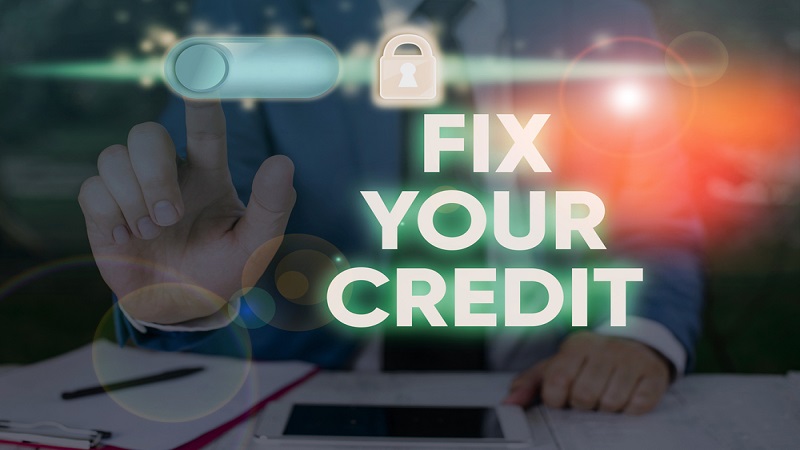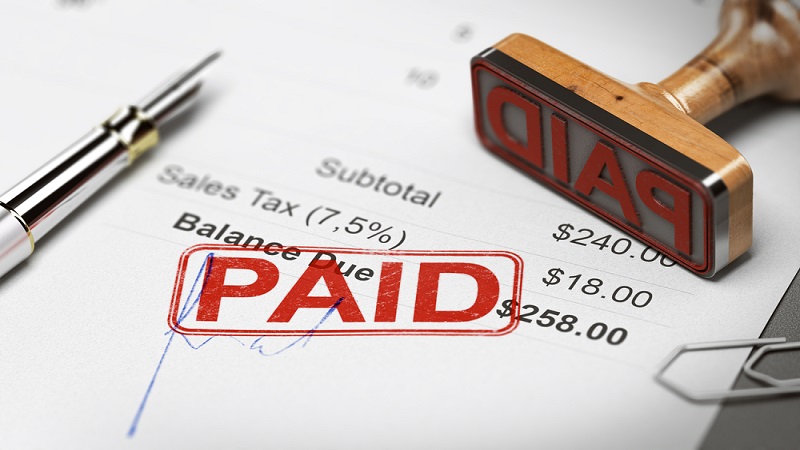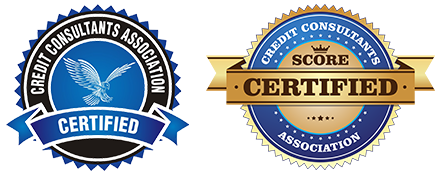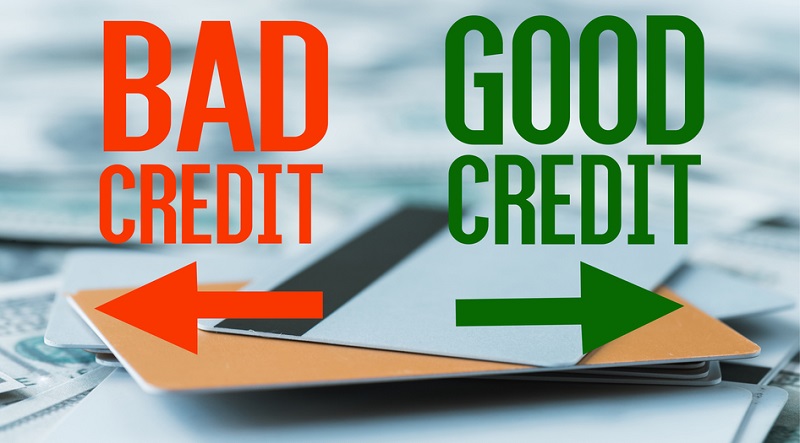- Home
- Repair 101
- How to Repair Your Credit Score
Learn How to Repair Your Credit Score, When You Have No Money!

Learn how to repair your credit score inexpensively!
The term “credit repair” is often associated with paid credit repair services, and some are pretty pricey. We’ve all seen those services advertised online and perhaps on television, and some have less than trustworthy reputations. The good news is you don’t need to pay hundreds of thousands of dollars to improve your credit report.
It’s time to clear the air with a few simple truths about credit repair:
- You don’t have to pay for credit repair. It is possible to do the work yourself.
- Credit repair doesn’t always deliver instant results. Even if you pay someone to do the work for you, cleaning up your credit can take some time. It can also happen quickly but don’t expect instant results.
- There are ethical and not so honest ways to approach credit repair. Not all paid credit report services are unethical or shady. Some can guide you through the repair process to ensure you take all actions available to improve your financial standing. The goal is to find a reputable service that does it the right way and for reasonable fees that you can afford.
You’re reading this right now, so you have found one of the most honorable credit report services available. This website is designed to guide you on how to repair your credit score on your own. If you don’t have any money to invest in our paid services, you can still use our DIY credit repair strategies to clear up the negative marks on your credit report.
You don’t need money to improve your credit standing, and you can learn how to repair your credit score yourself. Some financial investments may allow you to clear negative marks faster, but that isn’t always the case.
Don’t I Have to Pay to Clear Old Debt?

If you have accounts in collections, student loans in default, or medical debt cluttering your credit report, it’s easy to assume that you have to pay it all off before your credit report can improve. That isn’t necessarily true, and paying off debt that has been on your credit report for many years may not work in your favor.
There are a few questions you should ask yourself before you determine how much money you spend clearing old debt, how to repair your credit score, and how that money is spent:
1. How long do you have to wait for your old debt to fall off your credit report?
The Fair Credit Reporting Act requires the removal of most debt seven years after the initial date of delinquency. If you look through your credit report and identify old debt close to that seven-year mark, you may decide to wait and allow it to fall off your credit report. It costs you nothing to do that, and your credit score may get a boost with each eliminated debt.
If you have newer delinquencies on your credit report, you may decide that waiting for them to fall off isn’t your best option. That doesn’t mean that you need to pay off the total amount of all delinquent accounts before your credit report can improve.
There are ways to gradually reduce that debt without sinking hundreds or thousands of dollars into credit repair at one time.
2. Do you plan on applying for a credit card or loan in the next year or two?
Lenders may look at your credit report even if you have a high credit score. If they see a lot of delinquent accounts in collections or written off by other lenders, they may hesitate to offer you a credit card or loan. If they see that those accounts were once negatives but settled, they’re more likely to loan you money.
It’s all about giving new lenders a sense of security. They want to know that you handle money responsibly before they give you some of theirs. The good news is you may not need to pay all of your bad debt in full to improve your credit report.
There are ways to negotiate settlements, and you may even get some lenders to strike the negative entry from your credit report in exchange for payment. That’s called a “pay-for-delete” arrangement.
3. Do you plan on applying for a new job within the next year or two?
It’s common for employers to look at credit reports before hiring new employees. In some industries, routine credit checks during employment are standard as well. If you’re concerned that you won’t get that big promotion or your dream job because of negative entries on your credit report, you may decide to clear those debts as soon as possible.
That doesn’t mean you have to pay the full amount due. When you learn how to repair your credit score, you can often negotiate old debt and settle for a lesser amount.
The lender is often happy to get what they can in many cases to work to your advantage. If you have no money now, you may need to slowly pay off those accounts rather than making one-time settlement agreements.
Where to Start on How to Repair Your Credit Score With Limited Funds
If you have no money to clear old debt, whether it’s to your advantage or not, start by disputing any negative information that isn’t accurate or complete. It’s important only to dispute an inaccurate debt, so most people cannot clear up all their credit problems through disputes alone, and it is a good starting point that won’t cost you a dime.
One thing you never have to do is pay someone for credit repair when you learn how to repair your credit score. DIY methods can work just as well as long as you’re willing to do the work.
Free 5-Day - Start Repairing Credit Challenge - Do It Yourself - Including A Live Expert Question & Answer Session.

Related Articles:
- How to Start Repairing Credit
- Credit Repair Shouldn't Cost a Fortune!
- Better Credit Booster News and Tips
- 101 Credit Tips to Boost Credit Score Points, Today!
- Frequently Asked Credit Repair Questions and Answers - FAQ
- Credit Score Ranges Explained in Terms That You Can Understand






